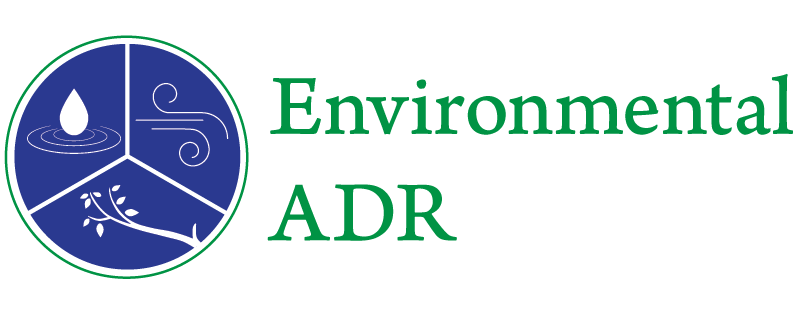 Recent decades have seen a dramatic rise in the use of Alternative Dispute Resolution (ADR) proceedings as a means to evaluate claims and compensate qualified parties in a mass claims settings. These cases can arise from settlements in class or mass actions filed in court or as government-originated programs designed to compensate victims of a military or environmental disaster.
Recent decades have seen a dramatic rise in the use of Alternative Dispute Resolution (ADR) proceedings as a means to evaluate claims and compensate qualified parties in a mass claims settings. These cases can arise from settlements in class or mass actions filed in court or as government-originated programs designed to compensate victims of a military or environmental disaster.
Some examples that I have handled include the settlement and distribution of over $2 billion to low income farmers alleging discriminatory lending practices by the USDA; the distribution of relief to several hundred thousand claimants alleging wage and hour claims against another US governmental agency; the settlement and distribution of compensation to millions of claimants alleging wrongful conduct by a national credit card provider; the review and determination of compensation to class members alleging defective products in a variety of industries; and, of course, the distribution of settlement benefits to thousands people alleging harm from environmental releases into the air, surface- and ground- waters.
While these processes have proven to be very effective in achieving the efficient review and fair payment of claims arising from the same event or a similar type of harm, for the process to be successful, the clients seeking compensation must understand the process and what is expected of them. Transparency is critical to engender trust. Trust, in part, depends upon the design and implementation of procedural safeguards. [Read more…]


